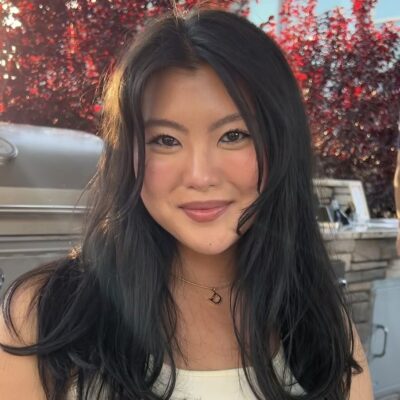Jo Moon L&S Social Sciences
Beautiful Work: Lookism and Aesthetic Labor in South Korea
South Korea’s embedded oemojisangjuŭi culture, meaning ‘looks are supreme’ and shorthanded to ‘lookism,’ defines the national prejudice against those who do not meet idealized appearance standards—leaving little escape from cosmetic treatments, products and procedures as solutions. In order to best understand the development of Korean beauty culture’s current landscape, my analysis starts from its proliferation under the period of Japanese colonialism. I argue that Japanese colonial rule (1910-1945) was an essential contributing factor in not just establishing the Korean cosmetics economy, but beauty labor itself, linking consumption with modernization as a means to attain beauty. While there is existing scholarship both surrounding the development of beauty consumption in a colonized Korea, and of the modern Korean beauty industry, there are no studies that directly view the unpaid work and time individuals spend on aestheticizing themselves—whether from engagement with cosmetic advertisements, deliberation of going under the knife, or waking up early to doll up—as productive, contributive work from the colonial period to the modern economy. Therefore, I seek to fill this gap through framing beauty as labor and asking: How does South Korea’s pervasive ‘lookism’ today, from tracing its transnational roots in colonial occupation to modern prominence, impact the social, cultural and economic decision-making of young Korean men and women?
Message To Sponsor
I am incredibly thankful to receive funding for my research, as it affirms the academic value of critically studying labor that not only isn’t considered “productive” in mainstream economics, but is a subject deserving of scholarly attention. This funding acts as an essential gateway towards reinforcing the legitimacy of beauty’s place in an economy, and I couldn’t be more grateful to delve into it this summer.